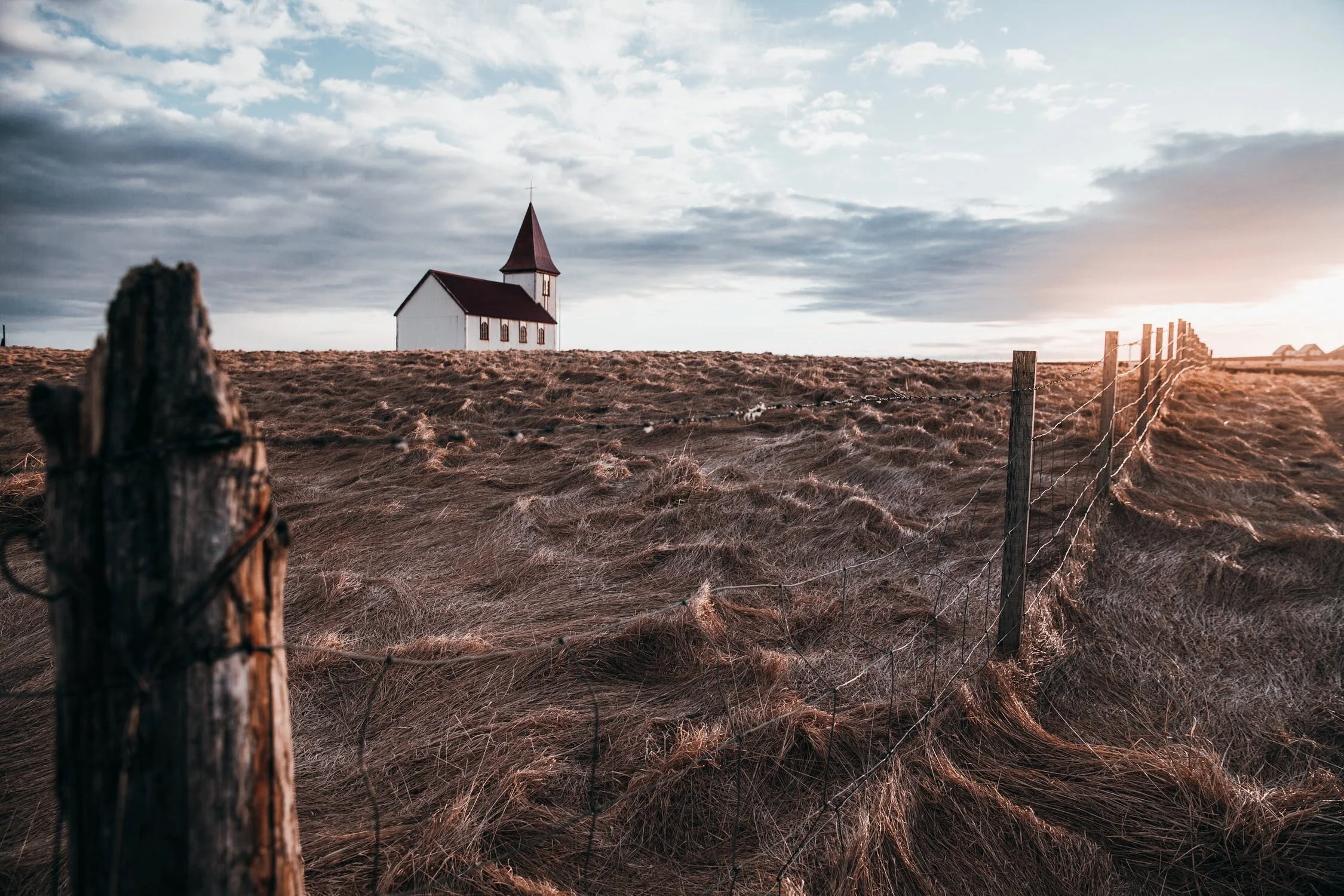Ian Canon's Favourite Chapter From His Debut Novel, "It's A Long Way Down"
Chapter 16, deep in the throes of heroin addiction
A good addict isn’t built overnight. He (or she) isn’t built in a week, or two weeks, or a month. An addict, much like a well-deserved discipline, a martial art, a painting, or a poem, takes time to build — and a fair bit of money — and David had as much of either of those as any junkie ever had. However, within him still remained a last quality that, in order to be a full-fledged card carrying member of team tar, to wear, not his heart on his sleeve, but junk in his veins, had to be expunged: his pride.
A junkie’s pride — once the junk has embedded itself into the cellular structure, once it has forced itself into every nodule and nook and nether region, once it is a necessary part of the the human biome, a cellular symbiosis, a partnership baked in the intertwining facets of pleasure and pain, when you would do anything, everything, for one more taste, one stretched dollar, a soul for a spoon, a prick for a prick — is always the last to go, the final stage in a metamorphosis that no man should undertake. David, naive to the state of his body’s new chemical makeup, had to learn this the hard way. He had, as the proud do, decided that he wasn’t a man who bent the knee to any drug. He had to show himself that every decision he made was a conscious one, that he had a will of his own, was a man with agency. But, sooner or later, pride leaves the body, and what is left is the junk and a man must come to terms with a solitary truth: knees were made to bend.
The idea didn’t occur to him suddenly, but was rather the progressive accumulation, or the nagging result of the symptoms found in your addict — food no longer held an interest to him, but was merely a prerequisite of pre-junk David, not yet built to run on junk alone. Sex, while far from an option, anyway, still was without the reverence that a man living in a 21st century consumer culture generally held for it. Money, consumption, was something he only thought of in terms of heroin (and other drugs). Time became a thing less esoteric, no longer the philosophical conundrum that plagued a much younger man, but was merely what existed between two points (not in time) of a needle.
For the first few hours, despite the hum in his ears and a nagging eye-twitch, the day went smoothly. He filled his thoughts with Seinfeld reruns, cigarettes and booze (legal drugs were allowed).
It’s only one day, he repeated to himself, whenever his thoughts turned to the needle.
He had a relative idea, based on how many episodes he’d watched, of how much time had passed: episode six, two hours, episode nine, three, episode sixteen, four, and halfway through episode twenty two, “The Library,” something from deep within him began to lurch and shift. He got up and ran for the bathroom, his blanket at his shoulders, trailing behind him like some junk-sick superhero. His vomit, like a broken fire hydrant on a New York City street, was a dark black tar. It was as if, having taken a break from the junk, his body now recognized the foreign invader cuddling up to its cells and was making a last ditch effort to expel it.
The stream turned to spray, and the spray to a drizzle, until there was nothing left but a quivering stomach, wreaking havoc on a weak body, looking for new ways to expel the junk.
Like the light in his heart went out, a chill filled the bathroom air. He wrapped himself in his blanket, shivering, pulling it over his head, sweat running down the bridge of his nose, and, like a caterpillar returning to his cocoon, drooped to the floor. From within the blanket the outer layer of his skin burned, hot to the touch, reaching temperatures he didn’t know the human body could go, while just below the surface, his organs were being replaced with ice. He pulled the blanket tighter. His muscles twitched sporadically, pushing against the outer layer of his wrap, but never breaking the barrier. A layer of sweat and grime and grease, the product of the junk trying to break free from his skin, to find a body more worthy to feed on, adhered himself to the thin cotton of the blanket, forming a kind of second skin. He buried himself further into it, pressing hard against its outer rim, trying to break free of the envelope, but too weak to make any real progress. Before long, he was lost within it, breaking down at the seams, losing exactly where body stopped and blanket began, folding and re-emerging from within its great hunger — each agonizing second, layered on top of each agonizing minute, building upon itself until he was less a man, more of a disease. Then, for a while, he had no place to go, no temporal position, only the life-long waiting of the junk sick.
A foot kicked at his thigh. “What the fuck are you doing?”
David pawed at the blanket, emerging from the top, covered in a postpartum membrane. “How’d you get in here?”
“What’s wrong with you?” Teddy asked, shaking his head, arms crossed at the chest.
“I was cold.”
“You’re drenched in sweat.”
“I’m fine now.”
“The hell you are.” He pulled the blanket off of David, who feebly tried to hold on to it.
“Stop it! I’m taking the day off.”
“Off what?”
He shifted onto his butt, sitting up. “All of it.”
“Now why would you go and do a thing like that?”
“To prove I can.”
“Look at you,” he chuckled. “You can’t!”
David let his head fall back, jaw agape, resting it on the side of the tub. “I’m fine,” he said, shivering. “I’m fine.”
“You’re sick and getting sicker.”
“I’ve almost made it.”
“You ain’t gonna make shit, brother. I’m gonna cook ya up a hit.”
“NO!”
“You need it.”
“I don’t — ” he dry-heaved and fell over, curling up into a ball.
“I’ll leave it here for you. It’s your decision.”
David groaned, but didn’t move.
In under a minute, Teddy returned with a full needle. “Break in case of emergency,” he said, placing it gently on the bathroom sink.
Teddy walked back into the kitchen and cracked a beer. As if Teddy’s throat was inches from his ear, David could hear his long gurgling gulps. Teddy returned to the living room and unpaused David’s episode of Seinfeld (The Library). In that time, as if he’d been shocked by a defibrillator, David was brought back from the dead. He stumbled out of the bathroom, his hands low, his body dragged by his head, the sound of his feet muffled by Teddy’s roaring laughter, and into the kitchen. He cracked a beer, the psssst a welcome salvation, the sound of water to a wandering desert madman, and slammed it in one ravenous gulp. He cracked another and joined Teddy in the living room.
“There he is! An angel reborn!”
David’s voice was low and hoarse. “I could have made it.” His vision was unfocused, as if he were talking to some far off ghost, some unseen judge, ready to slam his gavel and speak the sentence.
“Of course.”
“I don’t need rescuing.”
“Who does?”
“People.”
“People not unlike you?”
“People without the type of money I have. People who spend most of their days sick and broke and hungry.”
“Hell ain’t it?”
“I don’t ever want to feel like that again,” he said, his eyelids low. “And should I?”
“You shouldn’t.”
“I have all the money I could ever want. I could keep this up for as long as I want.”
Teddy turned off the TV and squared up to David. “Tell me something.”
A silence, somewhere between a second and a thousand years, passed between them.
“David?” Teddy snapped his fingers, breaking David from his far-off reverie.
“What?”
“Let me ask you a question.”
“Sure.”
“You have all this money. You had success. A wife, though I read about what happened. You had it all.”
“So?” David leaned over and picked his pack of cigarettes off of the coffee table. He slipped one between his rapidly rosing lips.
“So why are you here?” Teddy motioned for the pack of cigarettes.
“Not intentionally.”
“What happened?”
“My wife — ”
“Brother, I read all that shit in the paper. You cheated. She threw your ass to the curb. I’m asking why.” He lit his cigarette and threw David the lighter. “Why are you here, doing this, right now?”
“I’m not really sure, it just, sort of, happened.”
“You’re telling me it was just series of misfortunate events?”
“No, it was more, well, because.” He took a long, slow drag, regrouping his thoughts. “Because success can be suffocating. Because happiness is hard. Because making everything work, keeping it all together, working towards a lifetime of achievement — it was a lifetime of effort. I had it all, but once I had it all, I wanted none of it. I wanted to escape. I wanted to have fun. I wanted to stop caring.”
“And here you are.”
“And here I am! What you saw in there, the state I was in, I don’t have to do that again. Ever again.” He held his arms out, looking around the room of his apartment. “But this, this is fun. All of this hedonistic nihilism. This fuck everything bullshit. Who cares, I say. Who cares about it all! God is dead. Fuck meaning. Fuck it all. Let’s get high before we die. The end.”
“Some plan.”
“You got a better one?”
“No,” Teddy said, chuckling softly. “I guess I don’t.”
In his confession, David glimpsed an opening where he might confess to more shameful thoughts, less noble visions of what it meant to be a man, to love, and to be loved. But he stuffed them deep into his psyche, below the depths of his reach.
“Besides, I couldn’t go back if I wanted to.”
“Why?”
“The man I was before, the man who lived that life, he doesn’t exist anymore. When I look in the mirror, I see someone completely different, someone who wouldn’t know what to do with that life if it came back to him.”
What followed from that day was a short period of relative happiness. David was a man reborn, baptized by the junk water coursing through his veins, and his tour guide through this new life was Theodore Burrows, resident of the David Thompson, occupant of 702, neighbour to David Emmeret Smith, bohemian giant, and exuberant addict. They went everywhere together, everywhere that was anywhere to them, which was no more than the one block radius around their apartment, and included little more than shooting up, eating (but barely), sleeping (but barely), and weekly visits to the wooden cellar beneath the Black Cat, where David enjoyed living in the giant shadow of Teddy, shaking hands with people he couldn’t — and didn’t care to — remember, exchanging minor sentences with Janko and Cassius, and watching Teddy play. For a brief flickering moment his life had a certain comfort, something approaching meaning, but resembling non-meaning, again.
Ian Canon is the author of It’s A Long Way Down (2018) and Before Oblivion (2017). His second novel What We Do On Weekends is forthcoming. His stories have been featured in The Creative Cafe, Montreal Writes, The Junction, The Sunlight Press, The Spadina Literary Review, Found Polaroids, and he’s been profiled for Vue.
You can support Ian Canon by leaving a review on Goodreads or Amazon for his first novel, It’s A Long Way Down.



